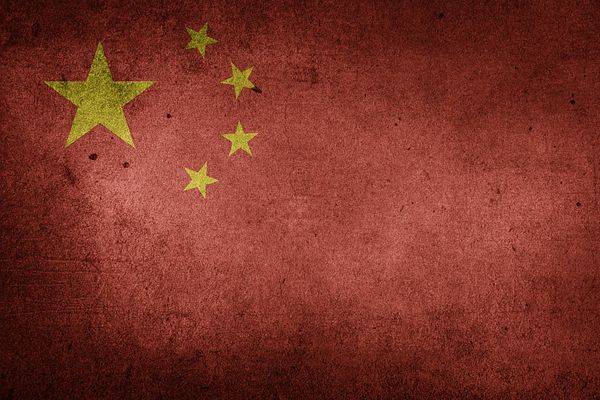China Staring at Worst Economic Recession
China’s economy is hitting a great wall as its economy slowed sharply in March – consumption slumped for the first time in more than a year, while unemployment in 31 major cities surged to a record high as escalating COVID lockdowns in Shanghai and other major cities severely hit growth and supply chains. Some economists are even talking about the possibility of a recession this quarter, as Beijing looks determined to hold on to its zero-COVID policy despite the hefty price. A number of investment banks have slashed their forecasts for China’s full-year growth in the past week. The International Monetary Fund cut its growth forecast for China to 4.4 per cent, down from 4.8 per cent, citing risks from Beijing’s strict zero-COVID policy. This is well below China’s official forecast of around 5.5 per cent. With these worries mounting, some fund managers and analysts have started questioning whether they should invest in China at all. China is seeing deep foreign capital outflows as doubts increase regarding its basic investability. Investors are ditching Chinaat an unprecedented scaleas a cocktail of political and business risks, and rising interest rates elsewhere, make the world’s second biggest economy a less attractive place to keep their money. China witnessed $17.5 billion worth of portfoliooutflows last month, an all-time high, according to the most recent data from the Institute of International Finance (IIF). The US-based trade association called this capital flight by overseas investors “unprecedented,” especially as there were no similar outflows from other emerging markets during this period. The outflows included $11.2 billion in bonds, while the rest were equities. Data from the Chinese government also showed a record bond-market retreat by foreign investors in recent months. Overseas investors offloaded a net 35 billion yuan ($5.5 billion) of Chinese government bonds in February, thelargest monthly reduction on record, according to China Central Depository and Clearing. The sell-off accelerated in March, hitting a new high of 52 billion yuan ($8.1 billion). China’s support for the Russian invasion of Ukraine was clearly the catalyst for capital to leave China, say analysts. According to the report, possible factors for investors to sell include concerns about the geopolitical risks of investing in China, broader economic uncertainty, and China’s market yield advantage over the US bonds is waning. International investors also pulled more than $7 billion from onshore Chinese equities through the Hong Kong market in March. Some international fund managers were concerned about holding Chinese assets after Western countries imposed tough economic sanctions on Russia. In addition, with Russian assets in the US, Japan and Europe effectively frozen, the Russian central bank is likely to reduce its holdings of Chinese bonds to raise cash and repay foreign debt. The war in Ukraine has also heightened concerns that China could use military force against Taiwan, triggering a massive flight of capital from the Asian island. But geopolitical tension is not the only reason behind the exodus. The rate hike in the United States and China’s strict COVID-related lockdowns have also played a role in scaring investors. The flight was noteworthy because authorities had avoided major outflows in previous market stress events, including COVID-19, during the epidemic and the trade war with the United States. The pandemic is not the only reason behind China’s slowdown. A lot of the country’s current economic pain can be traced back to the sweeping regulatory crackdown on the private sector, which was unleashed by President Xi Jinping in 2020. There are fears that the government will continue to clamp down on sectors ranging from education to technology this year. The speed and ferocity with which authorities have acted against private enterprise have startled even the closest China watchers. A set of rules unveiled last July essentially shut down the $120 billion private tutoring industry, putting tens of thousands of companies out of business. Another decision by regulators to ban Didi- the country’s biggest ride-hailing app- days after its US IPO stunned international investors and cost them dearly. The crackdown resulted in a steep sell-off in Chinese stocks worldwide. Some of the money flowing out of China may have gone into US dollar assets, while there is also a notable switch from China to India, according to market observers. |









